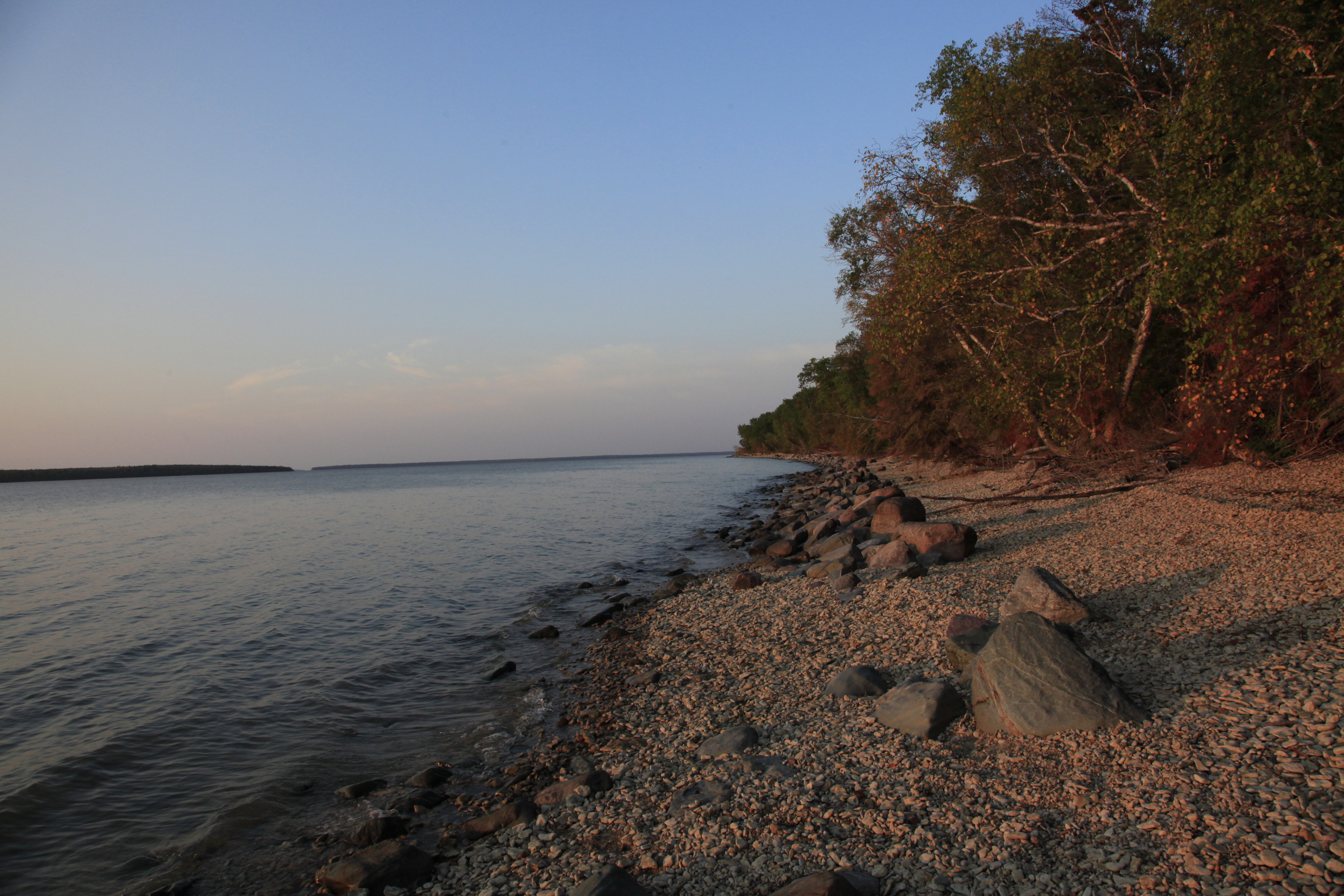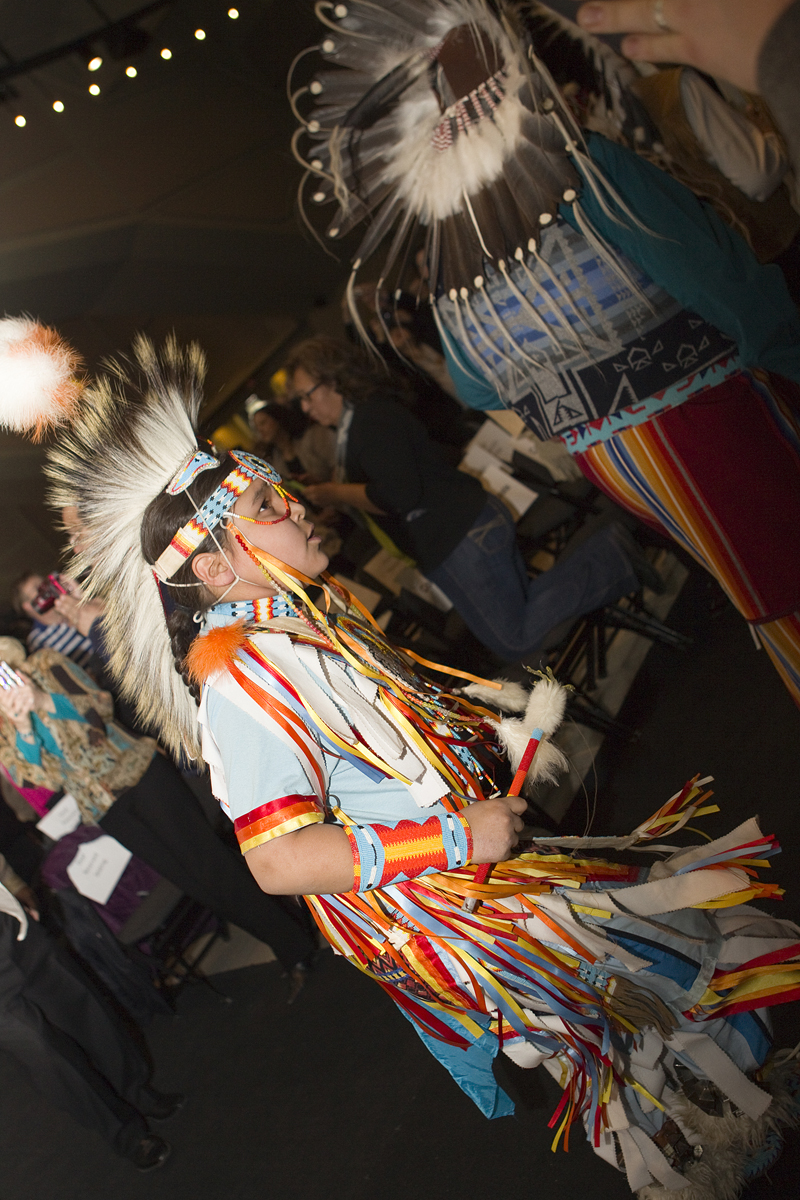On June 25 to 26 the University of Manitoba faculty of law hosted the CREATE H20 and Water Rights Conference, which focused on the struggle for securing clean drinking water and sanitation facilities in First Nation communities.
Communities in our country continue to face water contamination from industrial pollution and waste. These communities have been stripped from access to high-quality and affordable water resources in their region.
The city’s clean drinking water is supplied from Shoal Lake to Winnipeg along a historic 150 metre underground aqueduct. The region supplies water to urban centres, yet rural communities in the Shoal Lake region experience difficulty affording and accessing clean drinking water for themselves.
Depending on the source and the region, residents have been under boil-water advisory for 12-20 years. The community resorts to hauling in their drinking water.
Water resources in the area are consistently being extracted, exported, and sold at more affordable rates to people living outside the region.
Evidently the struggle for water persists, driving debates in both the academy and courtroom.
Indigenous and non-indigenous academics, community members, and activists who participated in the water conference revisited the debate over universal human rights to water. Questions were raised about how to study and address water issues and inequalities.
Interdisciplinary research was highlighted at the conference, demonstrating that holistic approaches are required to grapple with critical questions about water resources. Cross-faculty participation and community-based orientation at the conference allowed for the sharing of ideas between academics and communities about watershed studies, including environmental, engineering, microbiological, economic, psychological, and legal considerations.
People at the conference explored the idea of combining scientific and traditional indigenous perspectives about water and life in First Nation communities for determining drinking water quality and contamination and improving access to water in First Nations regions.
Debates about water rights have occurred at Robson Hall before. This year’s event reflected the previous 2012-2013 Critical Conversations seminar series on the right to water in First Nation communities, hosted by U of M law professor and Centre for Human Rights Research director Karen Busby.
The CREATE H20 and Water Rights Conference further contributes to research and development on water and sanitation in northern rural communities. The conference is part of a larger social science project on the right to clean water, co-ordinated by the U of M’s Centre for Human Rights Research.




